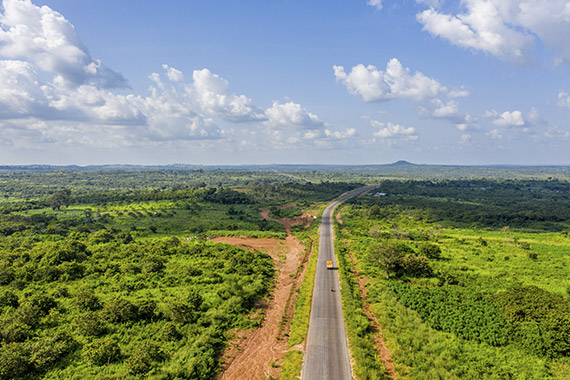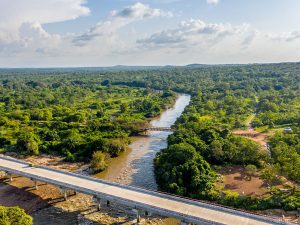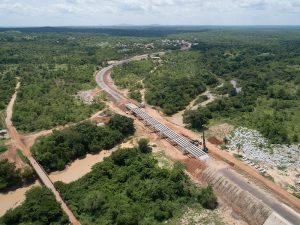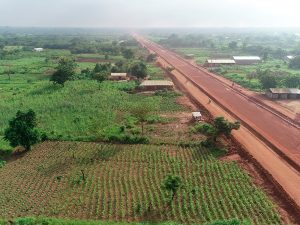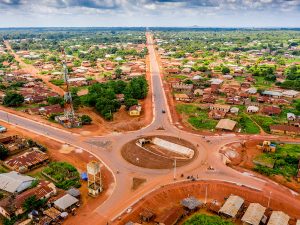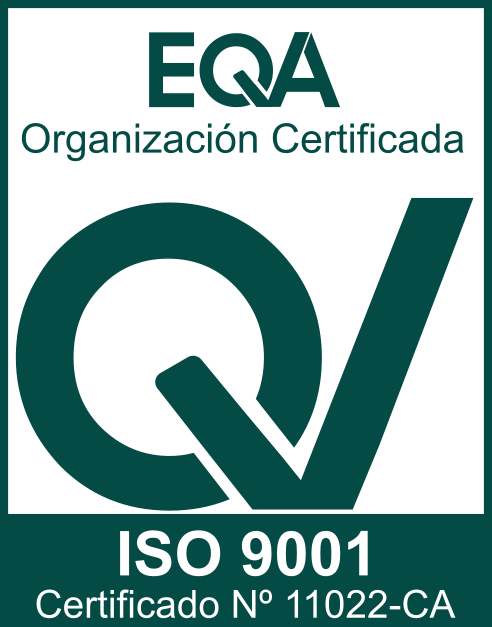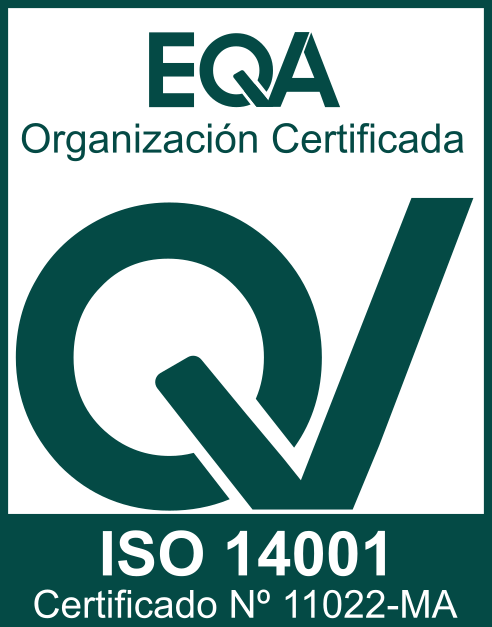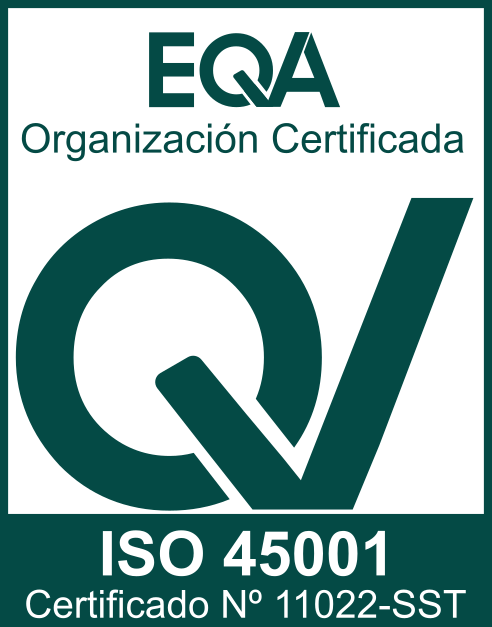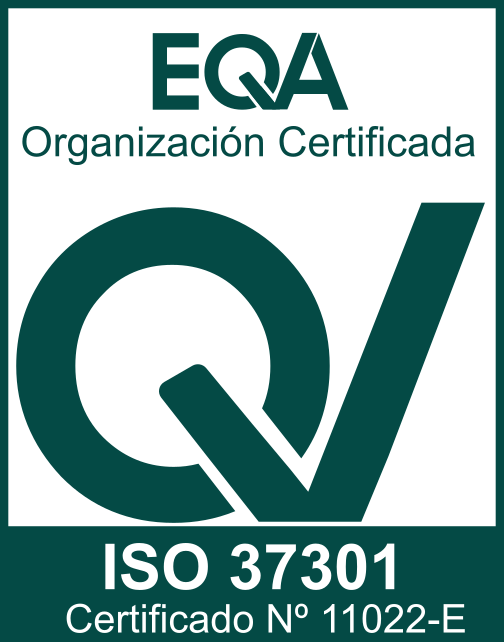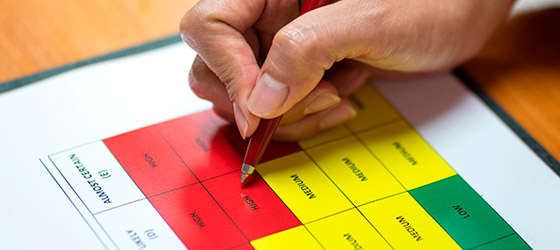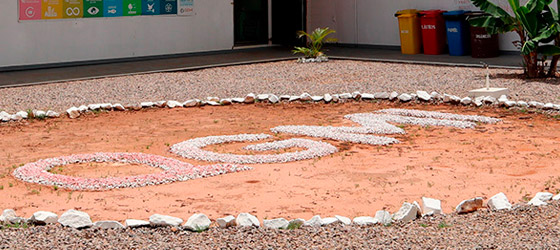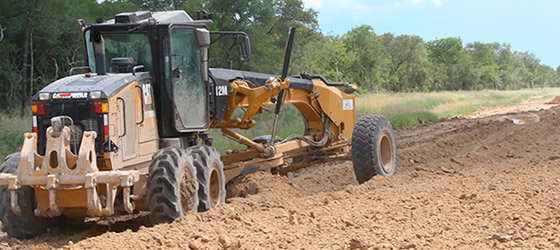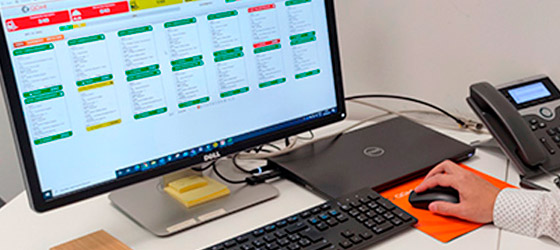KETOU-SAVE
BENIN
JUSTIFICATION DU PROJET
Le projet Kétou-Save consiste à la construction d’une route longue de 138 km entre les villes de Kétou et Save, traversant les régions des « Collines » et du « Plateau ». Le projet est divisé en trois segments : un de 85,8 km, un autre de 26,6 km et un autre de 27,5 km, en plus d’un pont de 200 mètres et, avec sa mise en œuvre, il est destiné à favoriser les échanges de marchandises et de produits agricoles de régions reculées avec les principaux centres urbains du Bénin et du Nigeria.
PORTÉE DES TRAVAUX
La portée des travaux effectués par QGMI comprend:
- Construction d’une route asphaltée de 138 km.
- Construction d’un pont de 200 mètres.
- Travaux de terrassement, pavage, drainage et signalisation.
DURABILITÉ
Le projet est développé conformément aux normes internationales (normes de performance de la SFI, directives de la Banque mondiale portant sur l’environnement, la santé et la sécurité, approches communes de l’OCDE) et les réglementations nationales.
